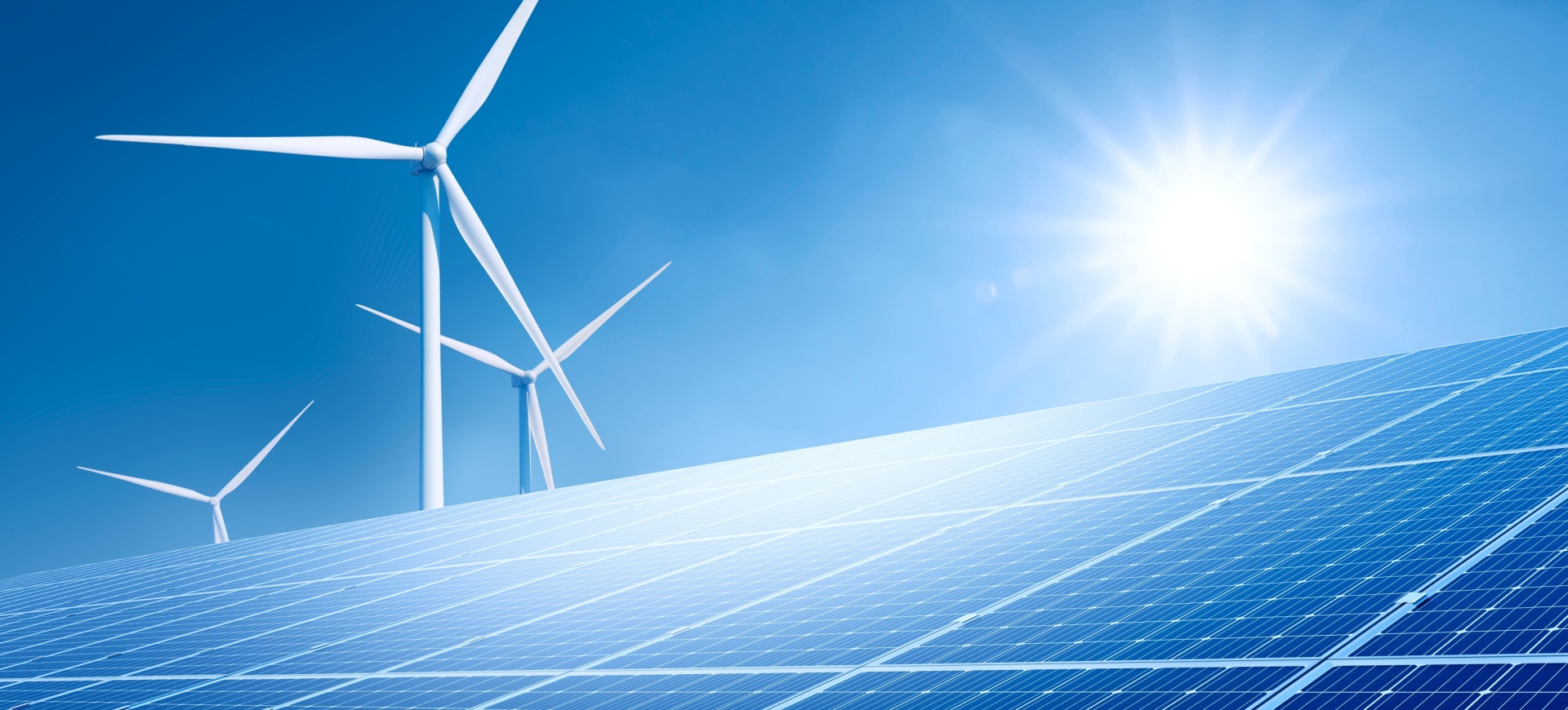G20 performance on energy
Brazil can leverage its achievements in renewable energy to advance the G20’s decarbonisation and energy security goals, building on historic climate agreements with robust, highly binding energy commitments
With one of the cleanest energy mixes in the G20, Brazil is well poised to make clean energy policy a central focus of its summit in Rio de Janeiro. Building on the historic agreements of the 2023 United Nations climate conference, G20 discussions are expected to concentrate on practical ways to reduce reliance on fossil fuels while finding innovative financial instruments to mobilise public and private capital to support climate resilience, particularly in the world’s most vulnerable regions.
By leveraging the G20 platform to showcase its own renewable energy success, Brazil will push for stronger alignment on global energy governance that better supports the G20’s efforts to address global inequities, particularly in the Global South. And with Brazil hosting the 2025 UN climate conference in Belém, the Rio Summit will likely address balancing energy security concerns with global climate goals, particularly given the recent disruptions in energy markets.
But keeping 1.5°C within range requires G20 members in the Organisation for Economic Co-operation and Development to generate 100% clean energy by 2035, and all other members by 2040. Whether Brazil, under President Luiz Inácio Lula da Silva, can push for rapid decarbonisation while reducing reliance on fossil fuels will be key to the success of its G20 presidency.
Deliberation
Since the inaugural summit in Washington in 2008, energy-related references have appeared consistently in G20 declarations. The 2009 Pittsburgh Summit had the most, with 14% dedicated to energy. The 2020 Riyadh and 2022 Bali summits followed closely, with 11% each. Hamburg in 2017 and Rome in 2021 both devoted 9%, while Seoul in 2010, Cannes in 2011 and St Petersburg in 2013 each allocated 7%. Washington in 2008 and Toronto in 2010 had the lowest, with just 1% each. The 2023 New Delhi Summit gave 9%. The 2014 Brisbane and 2017 Hamburg summits issued stand-alone documents on energy.
The G20 Energy Transitions Working Group, first established as the Energy Sustainability Working Group, has focused in recent years on energy security, battery-powered electric vehicles, affordable energy financing, sustainable transportation systems and inclusive decarbonisation pathways.
In support of the G20 Energy Transition Agenda, Brazil hosted one of 2024’s largest clean energy events in Foz do Iguaçu from 30 September to 4 October, with public-private involvement from 80% of global clean energy investment representatives and an action-focused agenda.
Decisions
Since 2008, G20 summits have made 193 energy commitments, placing energy fifth among all subjects. Pittsburgh in 2009 had 16 (13%), followed by a sharp decline to one (2%) in Toronto in 2010. This rebounded to 14 (9%) in Seoul in 2010 and 18 (5%) in 2011. It then fluctuated, up to 19 (7%) in 2013 and 42 (8%) in 2017 (the highest to date), down to two (1%) in 2019. Recent summits rose steadily with four (4%) in 2020, eight (4%) in 2021, 11 (5%) in 2022 and 13 (5%) in 2023.
Compliance
The G20 Research Group has assessed compliance with 25 energy commitments made since 2009. Energy compliance averaged 70%, aligning closely with the G20’s overall 71% average.
Energy compliance peaked in 2011 at 90%, in 2018 at 89%, in Seoul 2010 at 82%, and in 2022 at 80%. The lowest compliance came for 2016 with 49%, and 2015 and 2021 with only 33% each.
The top compliers were France, Korea and the United Kingdom at 82% each, followed by the United States at 78%, Germany at 76%, and Brazil and China at 74% each. India, the 2023 G20 host, averaged 72%.
Causes and corrections
When evaluating the G20’s energy compliance, certain potential causes and corrections stand out.
First, strong politically binding language helps. Commitments expressed in strong language, such as ‘we will take steps to create’ or ‘we commit to’, average 81% compliance; those with less binding language, such as ‘we welcome the work of’, average only 62%.
Second, a high number of energy commitments helps compliance. The seven summits with the highest compliance averaged 81% and made 97 energy commitments, while the seven summits with the lowest compliance averaged 54% and made only 52 commitments. Hamburg in 2017 is an exception with only 54% compliance – below the 71% average – and 42 commitments.
Third, a high number of energy conclusions accompanies higher compliance. The seven highest complying summits averaged 81% compliance and had 6,631 words on energy, whereas the seven lowest complying ones averaged 54% and had only 3,928 words. Again the exception is Hamburg 2017 with compliance of 54% and 3,290 words.
Conclusion
To improve its energy compliance, G20 leaders should create more robust, highly binding energy commitments. With another year of global record-breaking temperatures in 2024, there is potential for progress at the Rio Summit, particularly if President Lula can continue to encourage his G20 partners to accelerate their national decarbonisation strategies. The scale and magnitude of destruction caused by recent wildfires in the Amazon reinforces Brazil’s commitment to advance concrete action on the energy transition and tackle climate change head-on.












